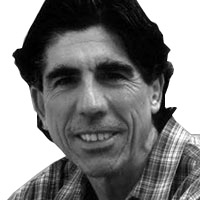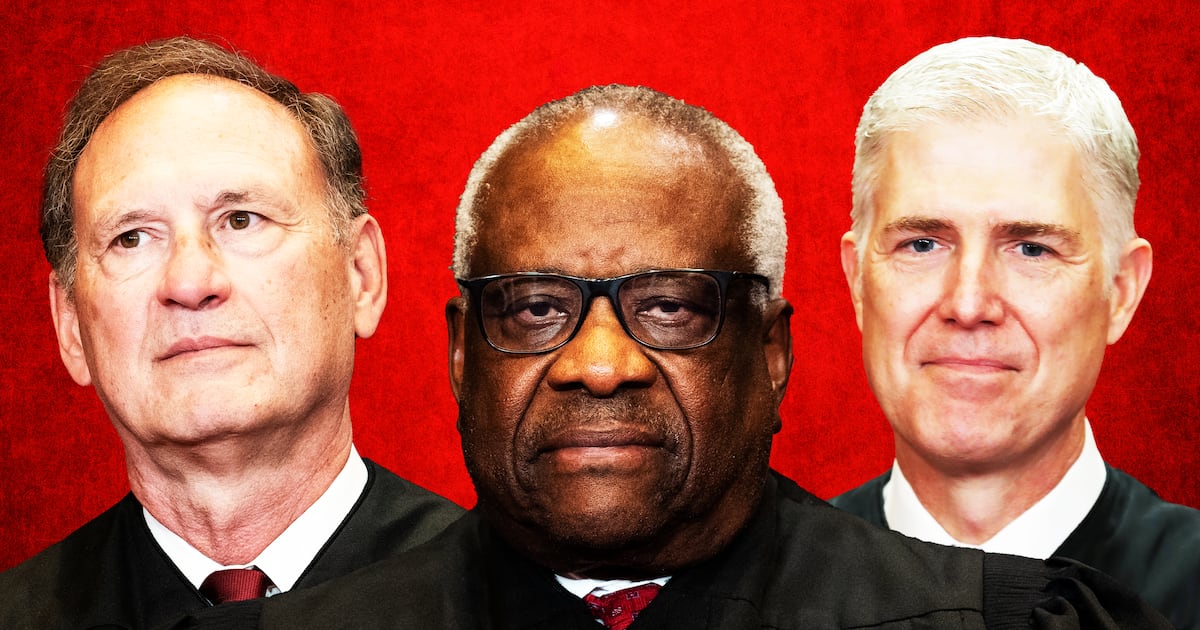Seventy years ago this month, Ernie Pyle, America’s most widely read World War II correspondent, arrived in the Far East to begin covering the final stages of the war against Japan. Since 1942 Pyle had been reporting from the front lines in North Africa and Europe, and with a column in over 200 daily newspapers and a Pulitzer Prize, he had become the GI’s voice.
Pyle had risked his life so often in getting close to the action that in 1944, before he left France for a furlough back in the states, General Omar Bradley urged him to sit out the rest of the war. Pyle had, Bradley believed, just about used up his chances for surviving the war. But Pyle found it frustrating to sit home while combat continued. “I have learned from experience that it’s almost impossible—sometimes infuriating in a helpless sort of way—to talk to most citizens feelingly about the war,” he wrote.
The disconnect between the home front and war front weighed so heavily on Pyle, whose columns were always about the life of the ordinary soldier, that in the end he found himself unable to take Bradley’s advice. In one of his first columns from the Pacific, he wrote, “America at home is neither unwilling nor incapable of getting fully into the war. We need only to be told more what to do, and to have scarcities and grimness applied clear across the board.”
ADVERTISEMENT
I thought of Pyle’s wish to be with the troops after reading James Fallows’s compelling cover story in the January/February Atlantic, “Why Do the Best Soldiers in the World Keep Losing?” Fallows is as worried today about the disconnect between our military and civilians as Pyle was in 1945.
Fallows points out how much we have changed from end of World War II, when nearly 10 percent of the entire U.S. population was on active military duty and almost every family knew someone who had been in combat. Today, just three-quarters of 1 percent of our population, Fallows notes, have served in Iraq or Afghanistan in the post 9/11 years. The result, he believes, has been a disaster for our military: without fear of a popular backlash, we have all too readily sent our soldiers into protracted wars they cannot win. As Fallows puts it, the U.S. has turned into “Chickenhawk Nation,” led by politicians eager to go to war so long as somebody else’s sons and daughters do the fighting. It’s a powerful explanation for why the traditional political brakes on going to war no longer work.
The problem is with the recommendations that follow in Fallows’s Atlantic essay. Fallows has few practical solutions for how we change our current military policy when such a small sector of the country faces the consequences of war. The best Fallows can do is insist we give military policy the same attention that we that we give to taxes and schools. By way of specifics, he cites the bland recommendations—among them, appoint a commission to assess our long wars, restore the civil-military relationship—President Obama was given over three years ago by a group headed by former Colorado senator Gary Hart.
Left untouched by Fallows, as if it were the new third rail of American politics, is the idea of a draft that would create a military in which the lives of rich, middle class, and poor were equally at risk during wartime. It’s an understandable omission. In 1973 when America switched to an all-volunteer military, the change reflected how difficult it had become to manage drafted troops who opposed or were indifferent to the Vietnam War.
In a highly confessional 1975 essay, “What Did You Do in the Class War, Daddy?” Fallows acknowledged that, during the Vietnam era when it came time for him to be drafted, he, along with many of his Harvard classmates, managed to evade service. The confession is one that could not have been easy for Fallows to make, but it needs a corollary: without a system in which virtually everyone of draft-eligible age faces the burdens that come with our going to war, it’s impossible for there to be meaningful political limits on our undertaking the long wars that have become the norm in American life since 9/11.
Ernie Pyle paid dearly for his unwillingness to sit home and be safe while war was going on around him. On April 18, 1945, he was killed by a Japanese machine gunner while covering the fighting on Ie Shima, a small island west of Okinawa. By everybody’s standards except his own, Pyle, who was 44 at the time, was too old to be taking such risks. But then he took to heart the column he published just months before his death supporting President Roosevelt’s call, made in his 1944 and 1945 State of the Union Addresses, for national service legislation making “available for war production or for any other essential services every able-bodied adult.”
“Personally I’m glad for the President’s proposal for a national service act,” Pyle wrote. “I think it will stiffen up the whole American nation, and through touching almost every family, make people buckle down.”




